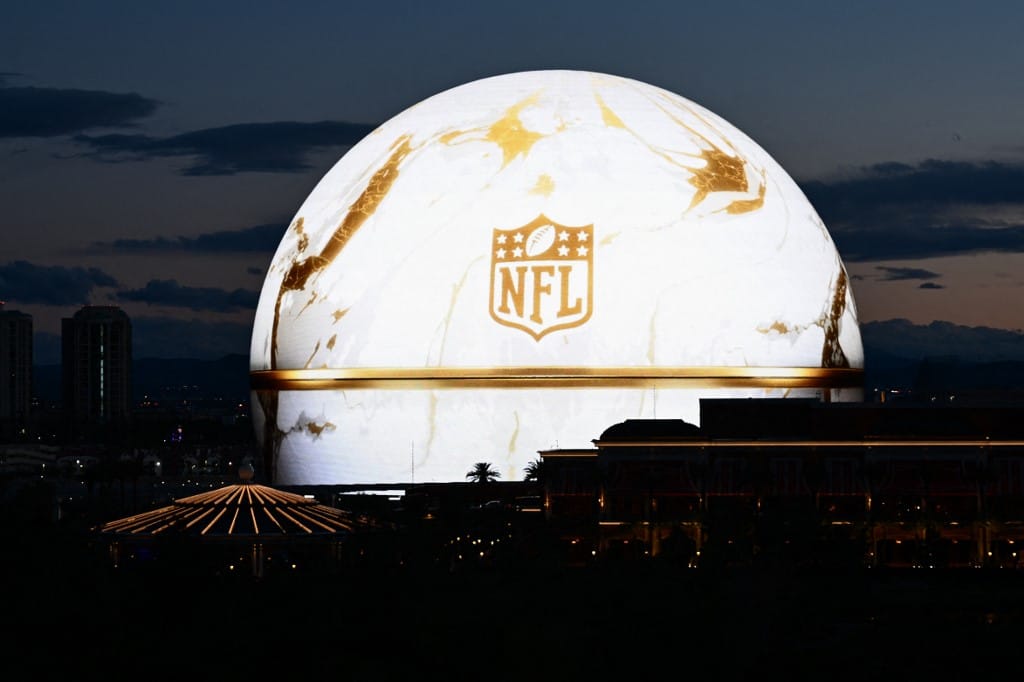
NFL betting is expected to be bigger than ever this season, which has sparked the IRS to discuss the dangers of illegal gambling, money laundering, and tax evasion.
Betting Business is Booming
When the US Supreme Court overturned PASPA in 2018, it took jurisdiction of sports betting out of the hands of the federal government and into the arms of state governments, allowing them to decide whether to legalize, regulate, and tax mobile and retail sports betting.
Six years later, it has proven to be an economic boon to the 38 states, plus the District of Columbia and Puerto Rico, that have adopted it while giving its residents the freedom to place a bet with a secure sports betting site where their funds will be safe. Sports betting has now become entrenched in modern American culture much like it has been in Europe for decades, and its popularity continues to surge.
According to the American Gaming Association, betting on the NFL alone will surpass $35 billion this season with U.S. licensed sportsbooks, an increase of 31% from last year when Americans bet $26.7 billion on the National Football League. Estimates also state that 50% of Americans have bet on sports at some point in their lives.
Play by the Rules
Those eye-popping numbers have attracted attention from the federal government and the Internal Revenue Service in particular. The agency has turned its attention to the illegal sports betting market, which often includes money laundering and tax evasion from the United States government.
It is estimated that annual revenue exceeds $700 million in gambling’s black market, and the IRS believes, as do stakeholders in the U.S. sports betting industry, that those proceeds should be kept inside the states that license sports betting and iGaming. It can also be a haven for nefarious financial crimes as well.
“Sports betting has grown exponentially in the past five years and is more common than ever. While online gambling is easily accessible, it’s not always legal,” IRS criminal investigation chief Guy Ficco said in the release. “As this year’s football season kicks off, IRS-CI special agents are continuing to monitor trends and using our expertise to root out criminal activity related to illegal gambling like money laundering and tax evasion.”
High-Profile Cases in Illegal Gambling
Two high-profile cases have surfaced recently with MLB superstar Shohei Ohtani’s former interpreter, Ippei Mizuhara, draining his boss’s account for $17 million to pay off an illegal bookie in California and subsequently pleading guilty to participating in an illegal gambling operation.
Former NBA player Jontay Porter is facing a federal felony charge after giving insider information on games in which he was involved and intentionally underperforming as a member of the Toronto Raptors. Porter was also banned for life by the NBA.
NBA Commissioner Adam Silver said: “There is nothing more important than protecting the integrity of NBA competition for our fans, our teams, and everyone associated with our sport, which is why Jontay Porter’s blatant violations of our gaming rules are being met with the most severe punishment.
“While legal sports betting creates transparency that helps identify suspicious or abnormal activity, this matter also raises important issues about the sufficiency of the regulatory framework currently in place, including the types of bets offered on our games and players. Working closely with all relevant stakeholders across the industry, we will continue to work diligently to safeguard our league and game.”






